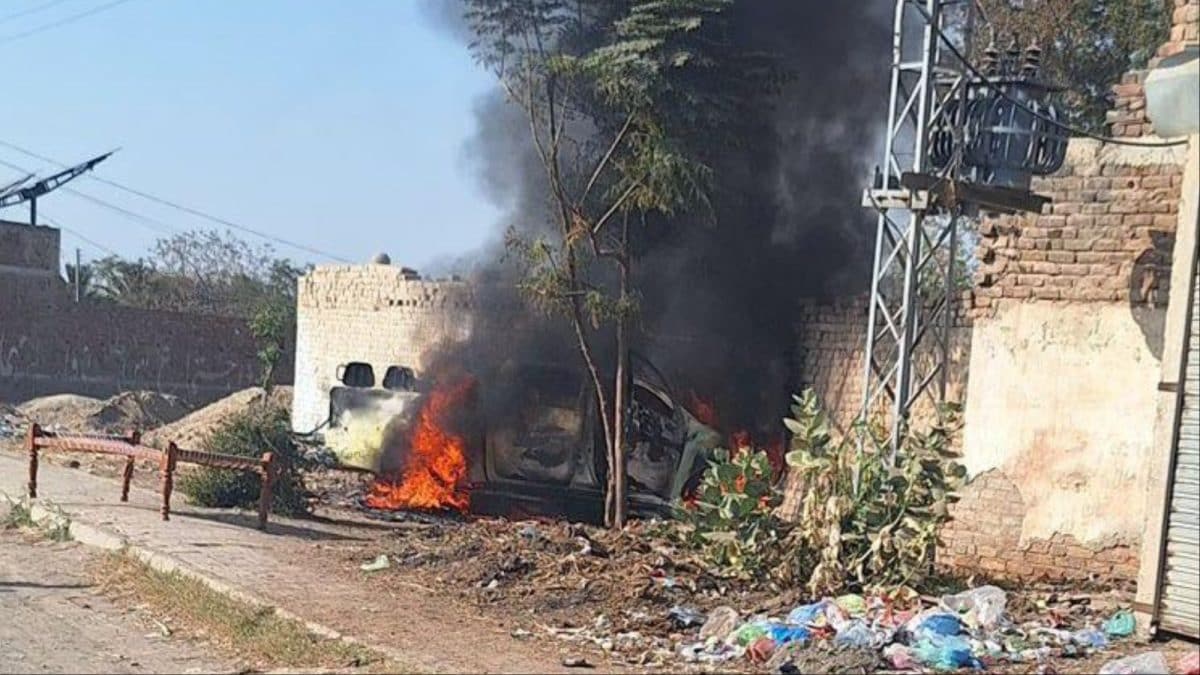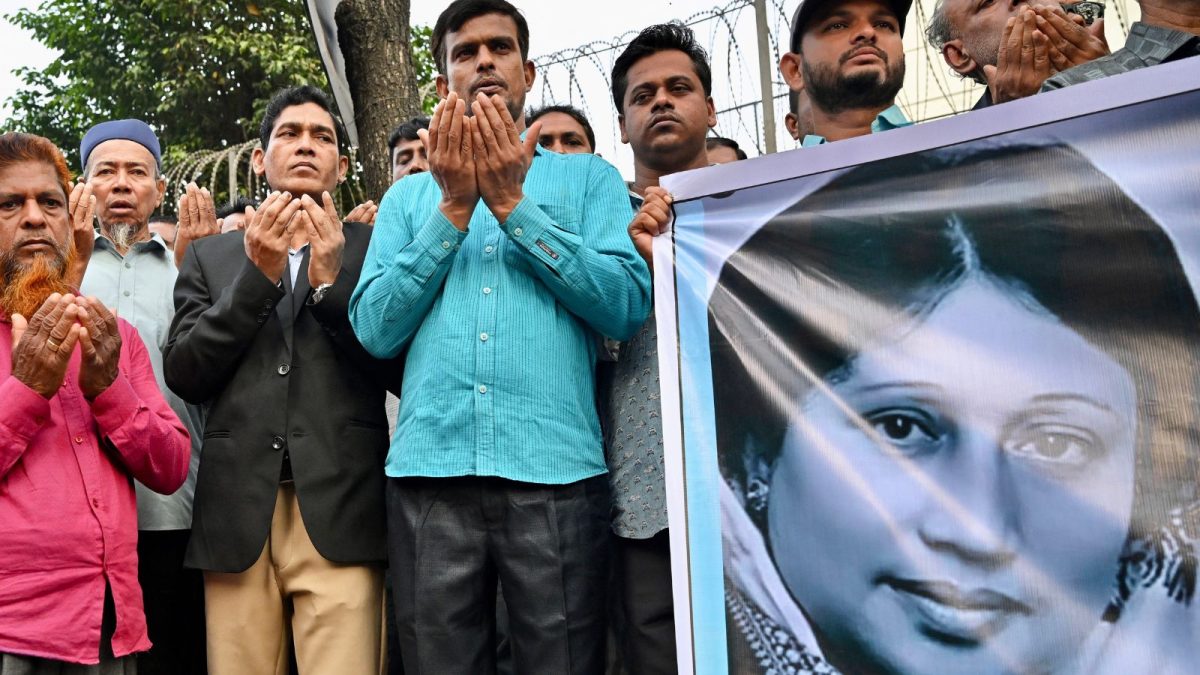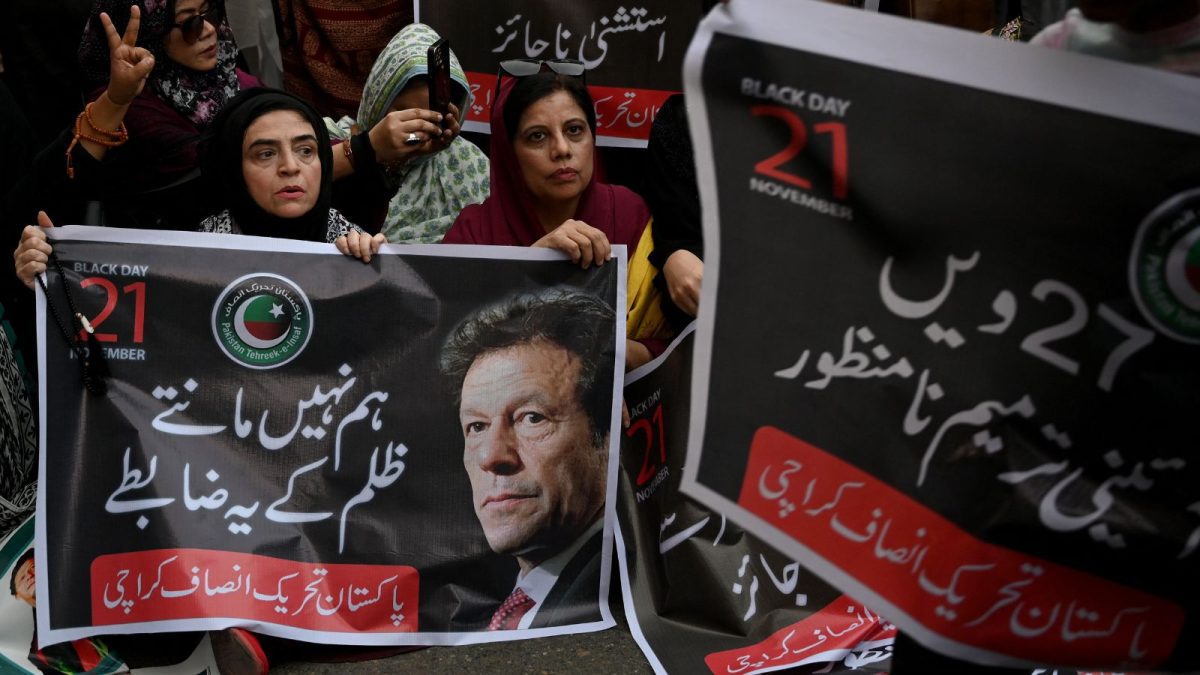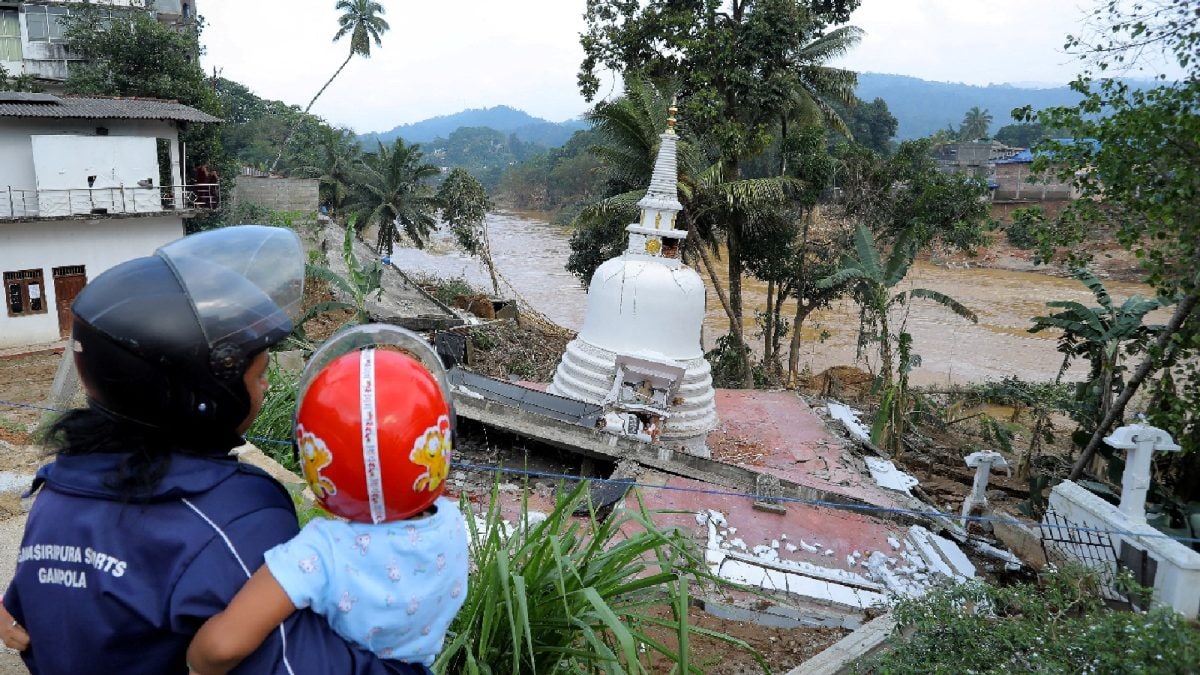Key events Show key events only Please turn on JavaScript to use this feature
Welcome summary
Welcome to our live coverage of Hurricane Melissa as it travels through the Caribbean.
Melissa is heading for Cuba’s second-largest city, Santiago de Cuba, after making landfall in neighbouring Jamaica as the strongest cyclone on record to hit the Caribbean island nation.
The hurricane roared ashore near Jamaica’s south-western town of New Hope, packing sustained winds of up to 185mph (295km/h), according to the US Hurricane Center, well above the minimum 157mph (252km/h) wind speed of a Category 5 storm, the highest level on the Saffir-Simpson wind scale.
In south-western Jamaica, the parish of St Elizabeth was left “underwater”, an official said, with more than 500,000 residents without power.
“The reports that we have had so far would include damage to hospitals, significant damage to residential property, housing and commercial property as well, and damage to our road infrastructure,” Jamaica’s prime minister, Andrew Holness, said on CNN after the storm had passed.
Melissa weakened to a Category 3 storm but has since strengthened to Category 4 as it neared the Cuban coast. Authorities there said they evacuated about 500,000 people from areas vulnerable to winds and flooding.
Here are the major developments:
Hurricane Melissa made landfall in Jamaica’s on Tuesday as a category 5 hurricane. It is the strongest to lash the island since record-keeping began in 1851. The storm lost some power crossing Jamaica’s mountainous terrain, but remains a powerful Category 4 storm, according to the Hurricane Center.
The hurricane is now making a toward Cuba. It could make a second landfall there as early as midnight, bringing winds of between 140 and 145mph.
Cuba’s president warned citizens the storm could be “one of the most severe - or possibly the strongest” ever to hit the island. “We want to emphasise ... the magnitude of this event,” said Miguel Díaz-Canel, urging Cubans not to return to their homes from shelters.
Desmond McKenzie, deputy chairman of Jamaica’s Disaster Risk Management Council, said the south-western parish of St Elizabeth “is under water” – and has sustained extensive damage.
Aid agencies and disaster relief charities are preparing to deploy. They will start operations across Jamaica and elsewhere in the Caribbean at speed as soon as weather conditions improve enough to safely do so. The Red Cross has said it expects about 1.5 million people to be directly affected by the disaster, set to become the largest in Jamaica’s history.
The extraordinary intensification of Hurricane Melissa is likely to be a symptom of the rapid heating of the world’s oceans. Melissa is the fourth storm in the Atlantic this year to undergo rapid intensification of its wind speed and power. This sort of intensification has been linked to the human-caused climate crisis, which is causing oceans to become hotter.

 1 month ago
1 month ago


















